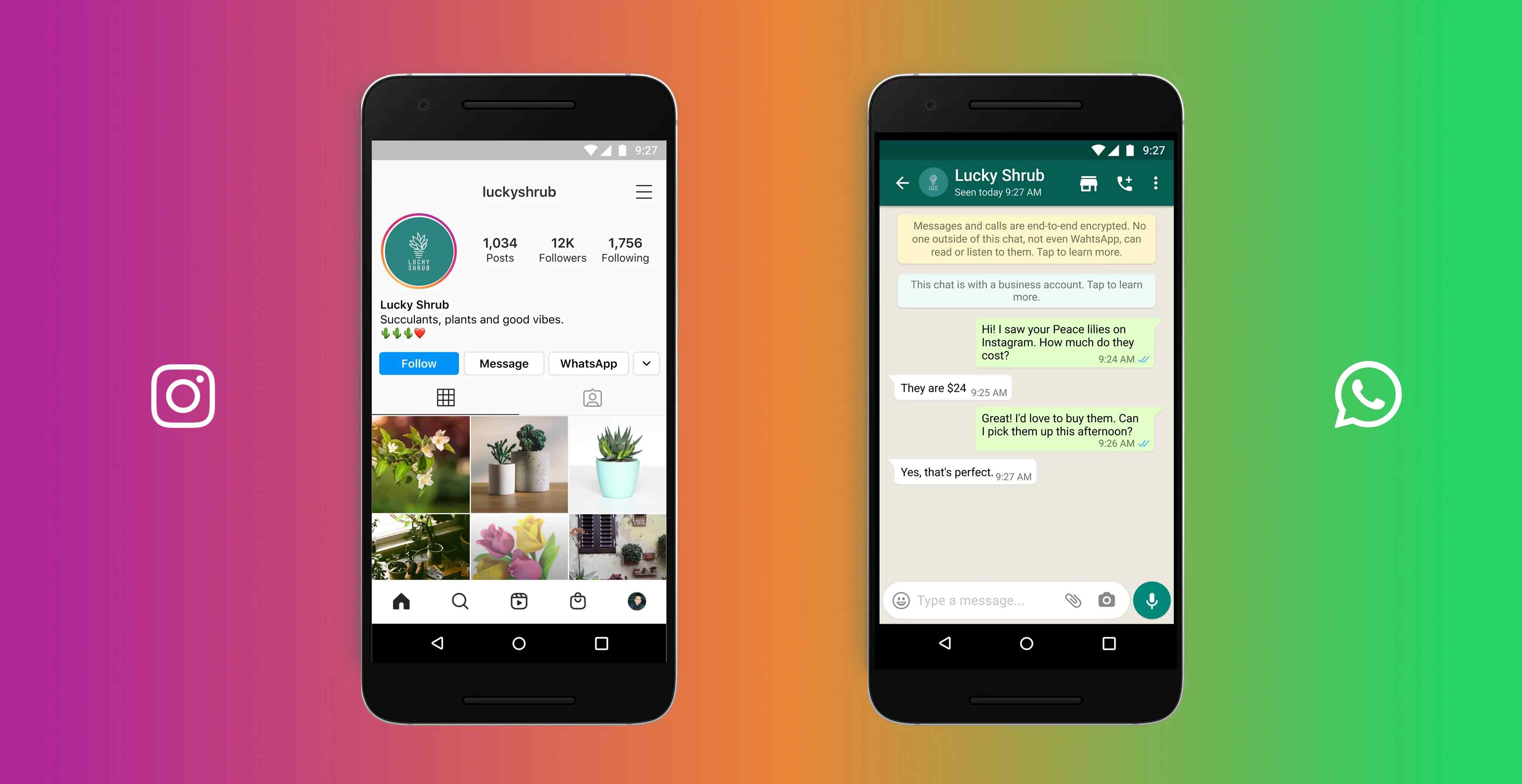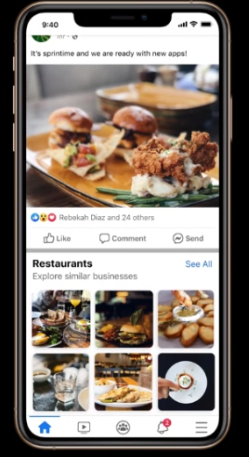Community commerce and the future of e-commerce | Tic-Tok, YouTube and Instagram
My mother online shopping lead to her buying a local shampoo which did not have a name.
I asked: What made her buy?
Maa: A YouTube influencer recommended it.
With the advent the internet, two major behavior patterns are observed:
- Sharing quality information has been easier than ever.
- Consuming information is omni-present now.
Human's primal desire to live in small communities has resulted in formation of clusters over different internet platforms.
Users seem to embrace the dialogues being sharing across the community. The impact is profound in terms of behavior as noticed across communities like r/wallstreetbets, r/redpill, r/feminism etc.
Tic-Tok published an article where they claimed products are going viral as a result of community giving rise to a new pattern emerging as community commerce. Source
I myself have consumed products because the community recommendations. Humans desire to be validated also lead to such convictions which reflect in purchase behavior.
For a perspective, When Musk produces caps, it gets sold out within hours. Elon musk is a community where he leads and people buy into things he recommends. Imagine the same scenario happening but at a small level. Niche influencers over YouTube and Tic-Tok has been leading the community commerce.
Influencers in lifestyle industry seem seem to lead community commerce.
Future development
Instagram and e-commerce
While YouTube and Tic-tok have been very good to a from community and from reach perspective but from managing business campaigns perspective Instagram metaverse is more developed.
With seamless presence across Instagram, Facebook, WhatsApp results in Facebook generating more revenue compared to YouTube despite being founded one year apart.
Facebook has been trying to develop the network in something similar to what Zuckerberg spoke in his metaverse discussion.
Zuckerberg: The metaverse is a vision that spans many companies — the whole industry. You can think about it as the successor to the mobile internet. And it’s certainly not something that any one company is going to build, but I think a big part of our next chapter is going to hopefully be contributing to building that, in partnership with a lot of other companies and creators and developers. But you can think about the metaverse as an embodied internet, where instead of just viewing content — you are in it. And you feel present with other people as if you were in other places, having different experiences that you couldn’t necessarily do on a 2D app or webpage, like dancing, for example, or different types of fitness.
Facebook recently published report where Zuckerberg's comment starts to shape reality.
From awareness stage to conversion stage, communication is still a major issues where businesses struggle with. Finding right communication channel is a challenge.
Facebook is trying to solve the communication gap via WhatsApp.

With majority overlap between user base over WhatsApp and Instagram, it is seamless to continue discussion where people are most active.
Facebook's focus is on facilitating the ease of business discovery is another interesting direction where the company is progressing.
Users go to Amazon to shop. Apparently, Facebook wants to provide users with similar option.
Features like Business directory serve the same purpose. Facebook reasoning is, if you like one business, you will appreciate options presented.

Facebook is testing similar feature for WhatsApp as well.
Conclusion:
Facebook seems to taking a approach where doing business is more easier allowing controlled campaigns.
Tic-Tok and YouTube are leading from a discovery and reach perspective but planning a campaign is still difficult due to sync between different web platforms. Partnership among companies looks the way ahead as Shopify made a deal with Facebook which allowed seamless transition between web apps for easier and hassle free decision making.
Community commerce is still in infancy stage as high-speed internet is the major driving force into digitalisation and many parts of the world catching up. Meanwhile the process of seamless communication between buyer and companies is getting better.
With creator economy expected to grow by 900% in next few years, Social media celebrities which influence Gen Z, Gen Y and younger generations will set the narratives when it comes to branding and sales.
As Justin bibber came from YouTube and became a sensation, expect similar stories driving business sales on a smaller sizes moving forward.